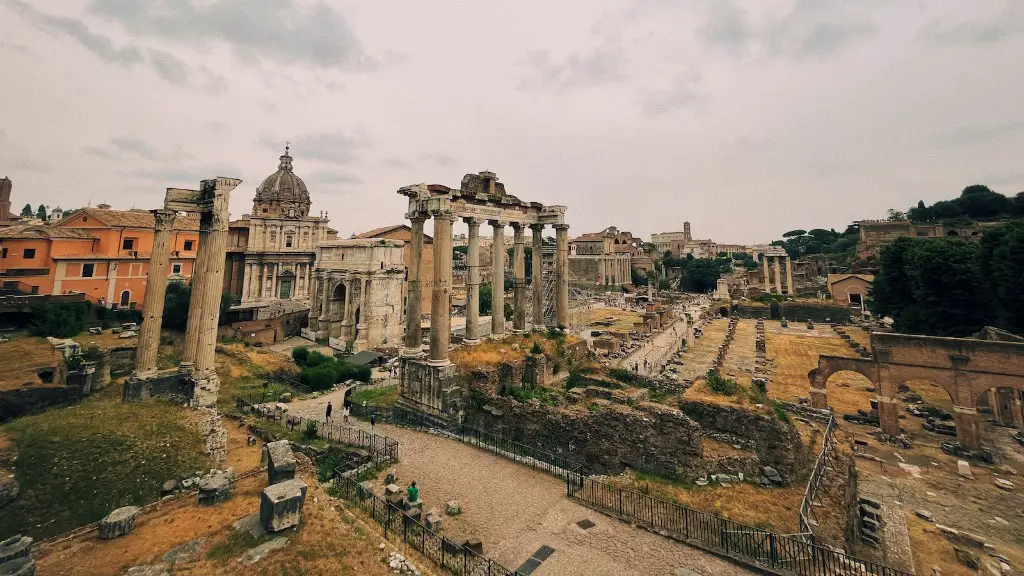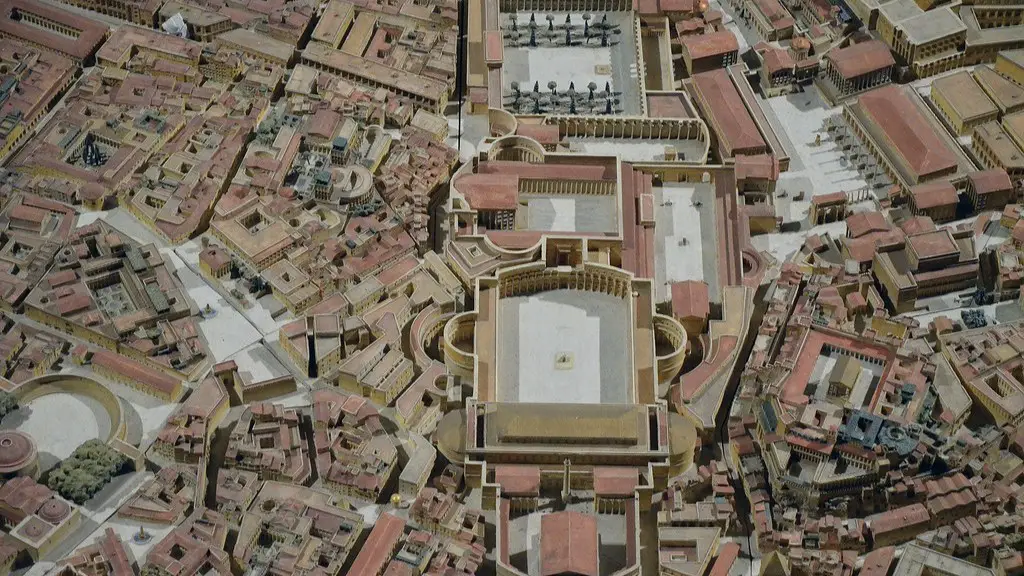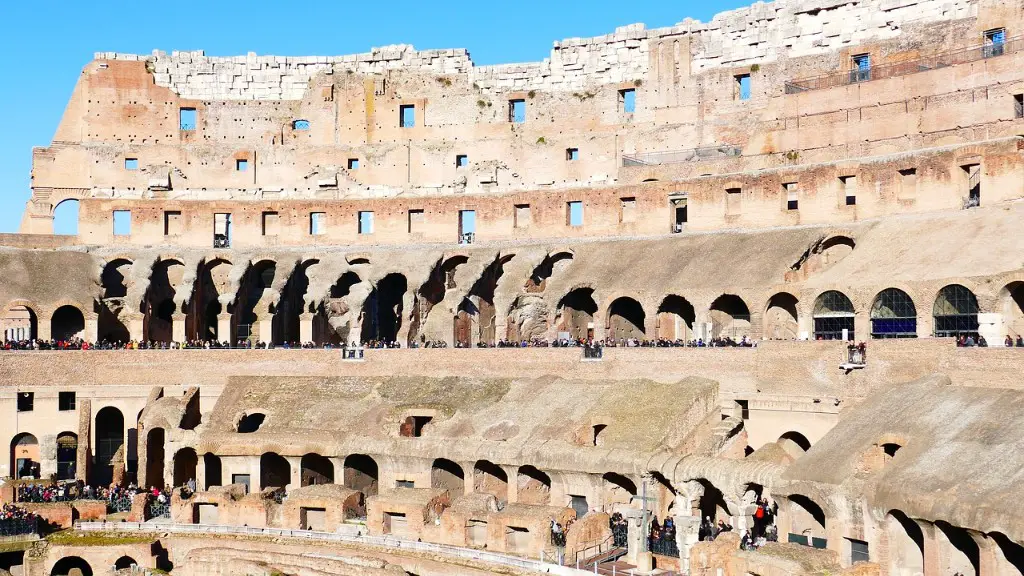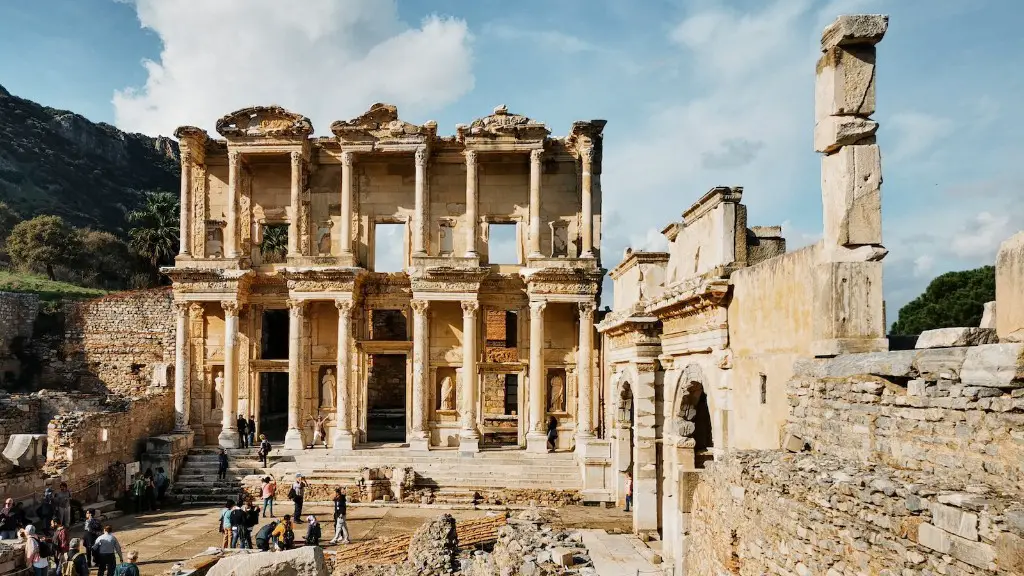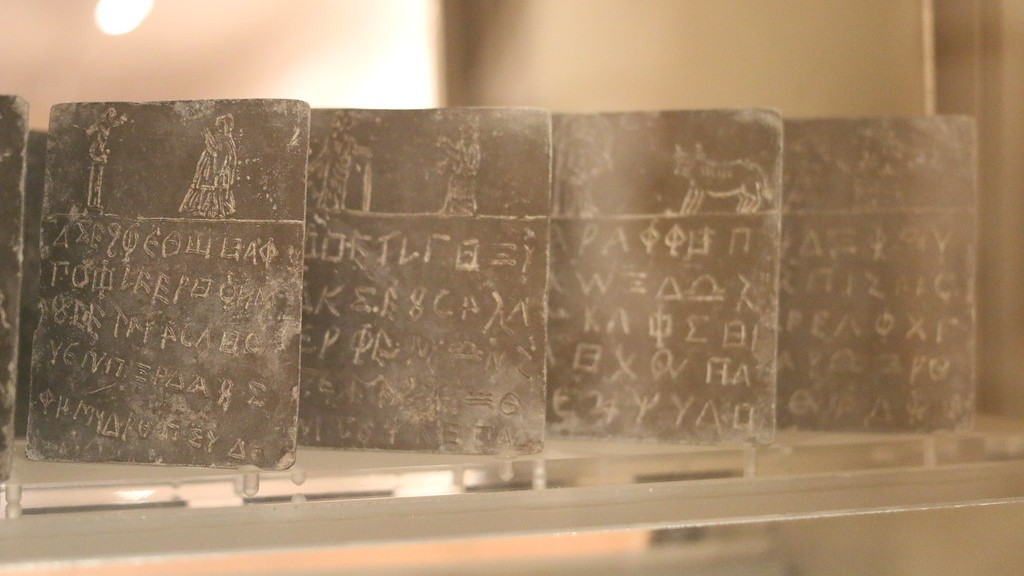The ancient Romans believed in an afterlife, but their views on what it would be like differed from those of many other cultures. For example, some ancient Romans believed that the soul would be judged by the gods after death and that those who had lived good lives would be rewarded with a place in the afterlife. Other ancient Romans, however, believed that the afterlife would be a dark and depressing place where the soul would be punished for its bad deeds. Regardless of their beliefs, the ancient Romans believed that the afterlife was a real and incredibly important place.
The ancient Romans believed in an afterlife, but the concept of what this afterlife would entail varied from individual to individual and changed over time. Early Roman beliefs tended to focus on the idea of the soul being judged by the gods after death and either being sent to a place of punishments or rewards, or being reborn into another life. later, Roman beliefs started to shift more towards the idea of a more passive afterlife in which the soul simply existed in a realm separate from the physical world.
What was the Roman afterlife called?
It was believed that some humans were transformed into special, empowered beings after death. These deified dead, known as the manes, watched over and protected their surviving family members, possibly even extending those relatives’ lives. The cult of the dead was a way to honor these manes and keep their spirits close. Families would make offerings to the manes, usually of food or wine, and sometimes hold special ceremonies in their honor. The cult of the dead was an important part of Roman religion and culture, and helped to keep the bond between the living and the dead strong.
The Romans didn’t really have a concept of heaven in the same way that Christians did. The Elysian Fields were a heaven-like place that Romans believed that some people went to after death. Access to this afterlife was reserved for people who participated in religious rituals known as the Elysian Mysteries.
Who is the Roman god of the afterlife
Orcus was a god of the underworld who punished those who broke their oaths. He was also known as the god of the dead. Eventually, he was merged with Dis Pater and Pluto, and became known as the ruler of the underworld.
It was considered vital to remember dead souls on these days because the Romans held strong beliefs about the possibilites of reincarnation. The dead could return to earth as a human being or as an animal and see that their relatives were not mourning them, leading to revenge.
Did the Romans have an underworld?
The Underworld was a fundamental aspect of Greek and Roman Mythology and Religion. Most commonly called the realm of Hades, the Underworld was ruled by Pluto and his wife, Persephone (or Proserpina). The Underworld was a place where the souls of the dead went after death. It was also believed to be the home of the gods of the underworld, such as Hades, Persephone, and Pluto. The Underworld was often depicted as a dark and gloomy place, and it was said to be located beneath the earth.
Some Romans were highly superstitious and avoided any association with death, while others surrounded themselves with representations of death, such as skeleton figurines and skull mosaics. It is unclear why this difference existed, but it may have been due to differing beliefs about the afterlife or a way to cope with death.
Why did the Romans fear the Christians?
Some pagans in Rome feared that the gods would punish the city because the new Christian sect refused to participate in traditional pagan rituals. Nero took advantage of these fears and rumors, convincing the public that the Christians were responsible for the great fire instead of him. This helped to turn public opinion against the Christians and scapegoat them for the disaster.
There are two main forms of burial that the Roman’s practiced: cremation and inhumation. Cremation is the process of burning the body, while inhumation is the act of burying the body intact. The ashes of the deceased were typically placed in urns in the case of cremation. This example from the Carlos Museum is a good representation of what one of these urns might have looked like.
What did Romans think of Christianity
Christians were not received well in Rome. They were regarded with suspicion and annoyance. Their rituals were often misinterpreted as something violent or wrong. because of this, Christians became an easy target for attack.
Most ancient Greeks did not believe in a literal afterlife in which good and evil were rewarded or punished. Instead, they believed that the soul left the body after death and continued to exist in some form. This belief was not central to their overall religious beliefs, but was simply one aspect of their worldview.
Who is the Roman equivalent of Hades?
Dis Pater was the god of the underworld in Roman mythology. He was known as the Rich Father, as he was thought to be the brother of Jupiter. Dis Pater was greatly feared by the people of Rome, as he was the ruler of the land of the dead.
With the introduction of Greek mythology, the Roman god Orcus became the Greek god Hades. Hades is the god of the underworld and is associated with death, the afterlife, and curses. Pluto is another name for Hades and Dis is a name for the underworld. Orcus is the ruler of the underworld and all the Greek notions about the afterlife now apply to the Romans.
Did the Romans have a god of death
Mors is the personification of death in ancient Roman myth and literature. He is the equivalent of the Greek Thánatos. Mors is often portrayed as a skeletal figure carrying a scythe or as a hooded figure. He is sometimes shown as a peaceful figure leading the souls of the dead to the underworld. Other times, he is shown as a grim figure who drags the souls of the damned to their doom. Mors is a powerful figure who is both feared and respected by the people of Rome.
Outward religious observance was a matter of life and death in the Roman Empire until 312 AD. The Romans were willing to persecuting people who refused to honor the traditional gods with sacrifices and rituals.
Did the Romans believe in fate?
The Moirai were the ancient Greek goddesses of fate who were responsible for determining the course of a person’s life. They were often depicted as elderly women who spinned the thread of life and then cut it when a person’s time was up. The Moirai were said to be both merciless and compassionate, and their decisions could not be appealed.
The Roman’s believed that the underworld was the home for both good and bad souls. The underworld was seen as a hidden kingdom for the dead with Hades as the ruler. Upon death, a soul was lead by Hermes to the entrance of the underworld and then carried across the Acheron. Roman mythology often depicted the underworld as a dark and gloomy place.
Conclusion
The answer to this question is not entirely clear. Some ancient Roman texts do seem to suggest that the Roman belief was that there was an afterlife, while other texts are less clear on the matter. It is possible that the belief in an afterlife was not as widespread among the ancient Romans as it was in other cultures, or that the belief was not as well-defined.
The ancient Romans did believe in an afterlife, though the specifics of what that afterlife entailed varied depending on which Roman Goddess or God you asked. The common belief was that the soul was immortal and would be transported to the underworld after death, where it would be judged. Those who had lived good lives would be rewarded in the afterlife, while those who had not would be punished.
